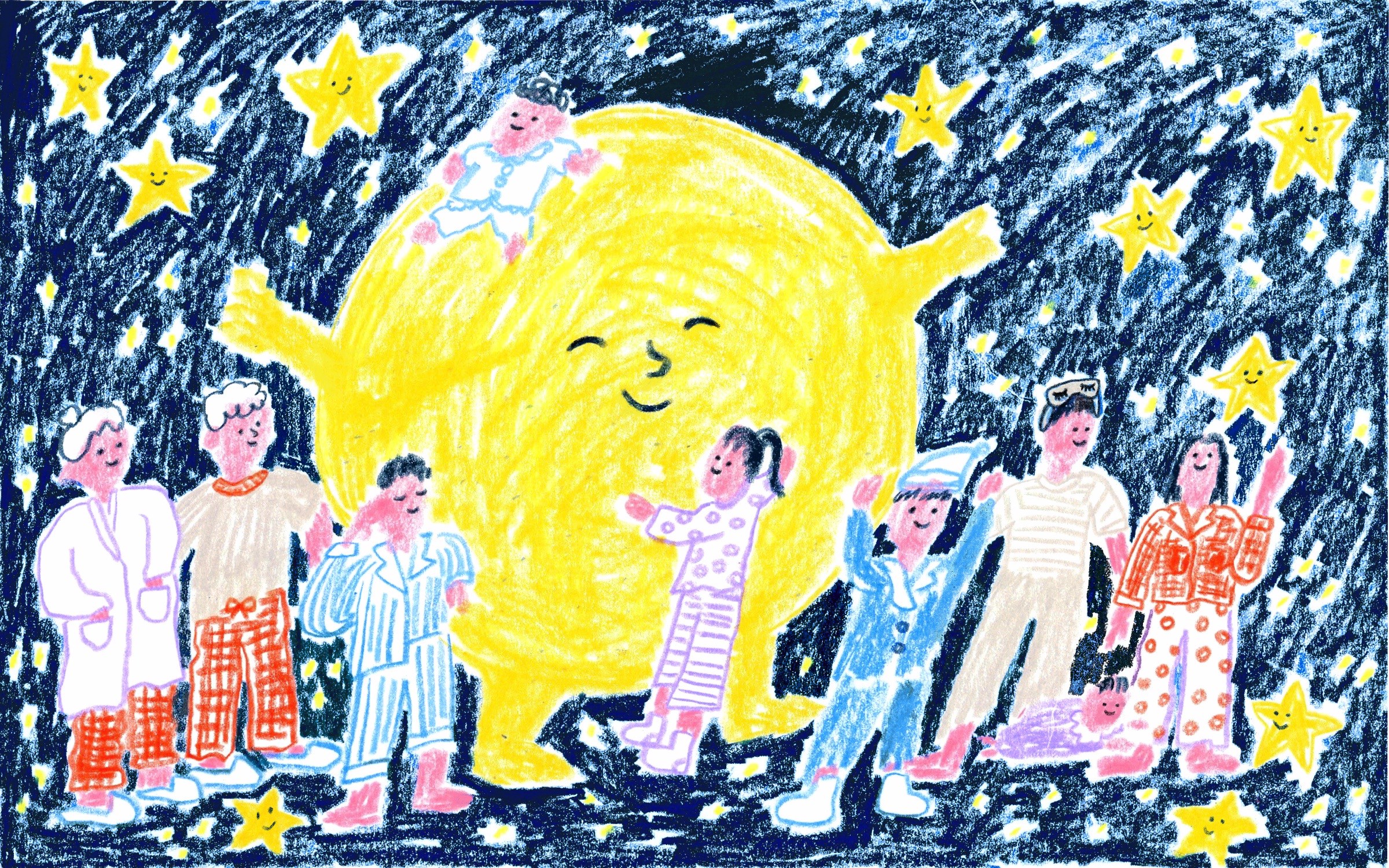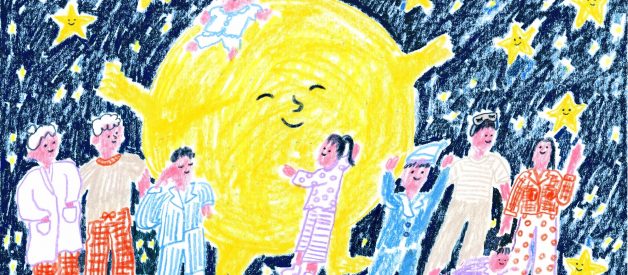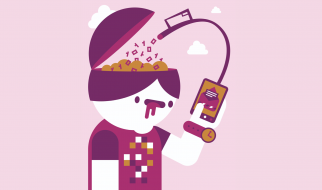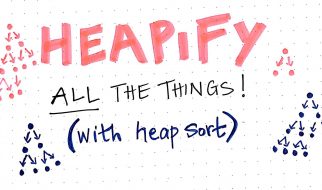The science behind the lunar effect on your slumber
 Illustration: Haleigh Mun
Illustration: Haleigh Mun
 For centuries, people have attributed all kinds of abnormal behaviors to the moon. The so-called ?lunar effect? has been linked to changes in women?s menstrual cycles, induction of labor, and even aggressive behavior and psychosis. (The term ?lunatic? is derived from a Latin word meaning ?moonstruck.?) Insomnia or a bit of extra tossing and turning around the time of a full moon is another common complaint.
For centuries, people have attributed all kinds of abnormal behaviors to the moon. The so-called ?lunar effect? has been linked to changes in women?s menstrual cycles, induction of labor, and even aggressive behavior and psychosis. (The term ?lunatic? is derived from a Latin word meaning ?moonstruck.?) Insomnia or a bit of extra tossing and turning around the time of a full moon is another common complaint.
And while there?s more than enough anecdotal evidence, scientists aren?t convinced that the moon?s position in the sky causes a disruption in the ability to fall and stay asleep.
Many factors influence humans? ability to sleep, but physiologically speaking, probably none are more influential than the internal, 24-hour clock known as the circadian rhythm. The brain?s hypothalamus controls and regulates this ?clock? with the help of the eyes, which take light and darkness as cues that it?s time to stay awake or go to sleep. When it?s dark enough, the body produces melatonin, a sleep-inducing hormone. When there?s light, the body suppresses melatonin production, making it harder to sleep.
Wakefulness is normal and expected when the eye is exposed to sunlight in the morning, when most people naturally wake up. But too much light at the wrong time can make it difficult to sleep. Dr. Alon Avidan, a neurology professor at the David Geffen School of Medicine at UCLA and director of the UCLA Sleep Disorders Center, says light exposure can suppress melatonin production, disrupting a person?s sleep-wake patterns. That?s why doctors often recommend avoiding blue light (a type of light wavelength often found on electronics) too close to bedtime.
?One would assume the same applies when you have a full moon, particularly for people who are already suffering from insomnia,? he says. ?The light exposure from the moon is essentially sunlight that?s filtered a little bit. It can be very physiologically activating.? Avidan says that moonlight exposure in the hours before bedtime could theoretically disrupt a person?s circadian rhythm.
But some researchers have suggested there may be another internal clock at play: an evolutionarily-wired, 29.5-day cycle that correlates to lunar phases and could also affect human biology and behavior, including sleep.
An often-cited 2013 study of that 29.5 day lunar cycle in humans found that around the time of a full moon, the time people spent in deep sleep decreased by an average of 30% while the time it took to fall asleep increased by five minutes. The authors also found that the people who slept less had decreased melatonin levels. The researchers claimed it was the first reliable study to show lunar rhythms impact sleep, though the findings couldn?t be due to changes in light exposure. Sleep studies typically take place in windowless labs, which means the study results may have had more to do with the internal lunar clock than moonlight.
But other studies haven?t been able to replicate these findings. Dr. Ciro della Monica, a professor of health and medical sciences at the University of Surrey, observed the sleep of 205 people and found that in women, total sleep time, deep sleep, and REM sleep were reduced around the full moon. Men had longer REM sleep duration during that time.
Other research brings more variables into the equation, suggesting that light sleepers may have more problems sleeping during a full moon. A 2014 paper found that both men and women who rated themselves as more sensitive to noise were also more likely to be affected by the lunar phases.
?Sleep is highly affected by what we expect to happen.?
?To date, the findings from studies, including ours, assessing the impact of the moon on sleep are inconsistent and therefore it?s difficult to draw firm conclusions,? says della Monica. Deeper exploration of the moon?s effects on human physiology is needed, she says, but it?s also unlikely in the near future, mainly because studying thousands of sleeping people over the course of an entire lunar phase is cost-prohibitive.
Dr. Kevin Martinolich, medical director of the Sleep Center at The University of Tennessee Medical Center, says it?s probably not all that important that scientists study the lunar effect in-depth, primarily because losing a few minutes of sleep a night isn?t likely to interfere with people?s health in any significant way. ?It?s not like you?re seeing a sudden peak in car accidents because it was a full moon the night before,? he says. ?Most people are completely unfazed by it.?
 If the scientific evidence hasn?t yet caught up to the numerous anecdotes, why are people still convinced of lunar effect? Psychology could be one explanation. Dr. Stephanie Ashraf, a pulmonary and sleep medicine physician and assistant professor of clinical medicine at Indiana University School of Medicine, says she agrees that there?s not enough concrete evidence to conclude the lunar effect keeps people up at night. Instead, she thinks the myths and folklore surrounding the moon might play into why people notice sleep pattern disruptions when the moon is full.
If the scientific evidence hasn?t yet caught up to the numerous anecdotes, why are people still convinced of lunar effect? Psychology could be one explanation. Dr. Stephanie Ashraf, a pulmonary and sleep medicine physician and assistant professor of clinical medicine at Indiana University School of Medicine, says she agrees that there?s not enough concrete evidence to conclude the lunar effect keeps people up at night. Instead, she thinks the myths and folklore surrounding the moon might play into why people notice sleep pattern disruptions when the moon is full.
?Sleep is highly affected by what we expect to happen. We see this with placebo sleep medications, where a patient will fall asleep if they?re told the placebo will help them,? she says. ?If someone expects not to sleep well because they know there is a full moon, they won?t sleep as well.?
Another phenomenon that might keep lunar folklore alive is recall bias. For example, people may be more likely to recall the nights they toss and turn and then wake up to realize there was a full moon, but don?t remember the nights where everything went well, in spite of the lunar cycle.
?The folklore around the moon makes everyone expect sleep changes,? Ashraf says. ?We look for those changes and remember them and say ?it must be a full moon, no wonder everyone is acting out today.??
For anyone who notices difficulty sleeping around a full moon, Martinolich recommends the same general sleep hygiene practices he would recommend to any of his other patients: Focus on eating a nutritious diet, exercise frequently, avoid technology before bedtime, and keep the bedroom environment as cool, quiet, and dark as possible.
?Ninety percent or more of our sleep is about sleep hygiene,? he says. ?Controlling your environment won?t fix everybody?s sleep, but it will help most people.?


